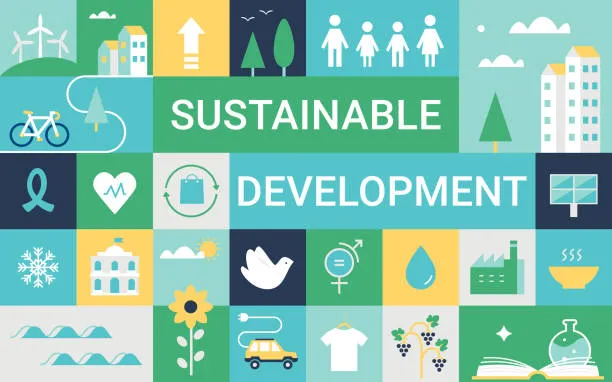SUSTAINABILITY AT FELM -
Environmental, Social, Governance
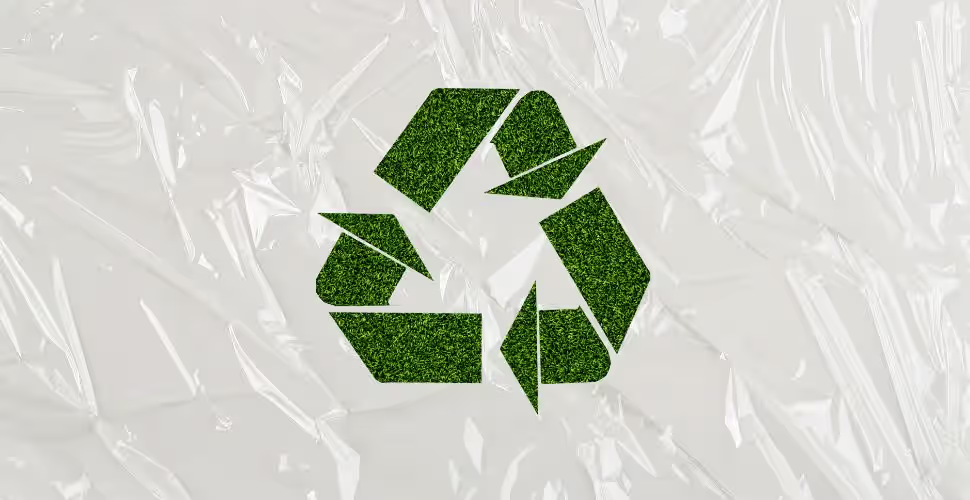
Recycling is the process of collecting, processing, and converting used materials into new products—preventing waste, conserving natural resources, and reducing environmental impact.
Everyday use of strong, durable polythene bags for packaging, storage, and transport. Designed to meet domestic, industrial, and medical needs.
Customers dispose of bags which are collected at designated collection bins and drop-off stations for responsible disposal.
Collected bags are cleaned, shredded, and processed in FELM’s recycling unit, transforming waste into reusable material.
The recycled material is crafted into high-quality polythene bags, ready to serve customers again—closing the loop.
What Is Polythene Recycling?
Polythene recycling involves the recovery and reprocessing of polyethylene (PE)—a common plastic used in packaging such as ziplock bags, wrappers, and industrial liners—into reusable raw materials. At FELM Limited, this process helps us minimize waste and extend the life cycle of plastic packaging.
FELM’s Closed-Loop Recycling System
At FELM Limited, our commitment to sustainability is put into practice through a robust in-house polythene recycling system. We ensure that waste generated during and after production is not discarded but regenerated into useful packaging materials.
Step-by-Step: Our Polythene Recycling Process
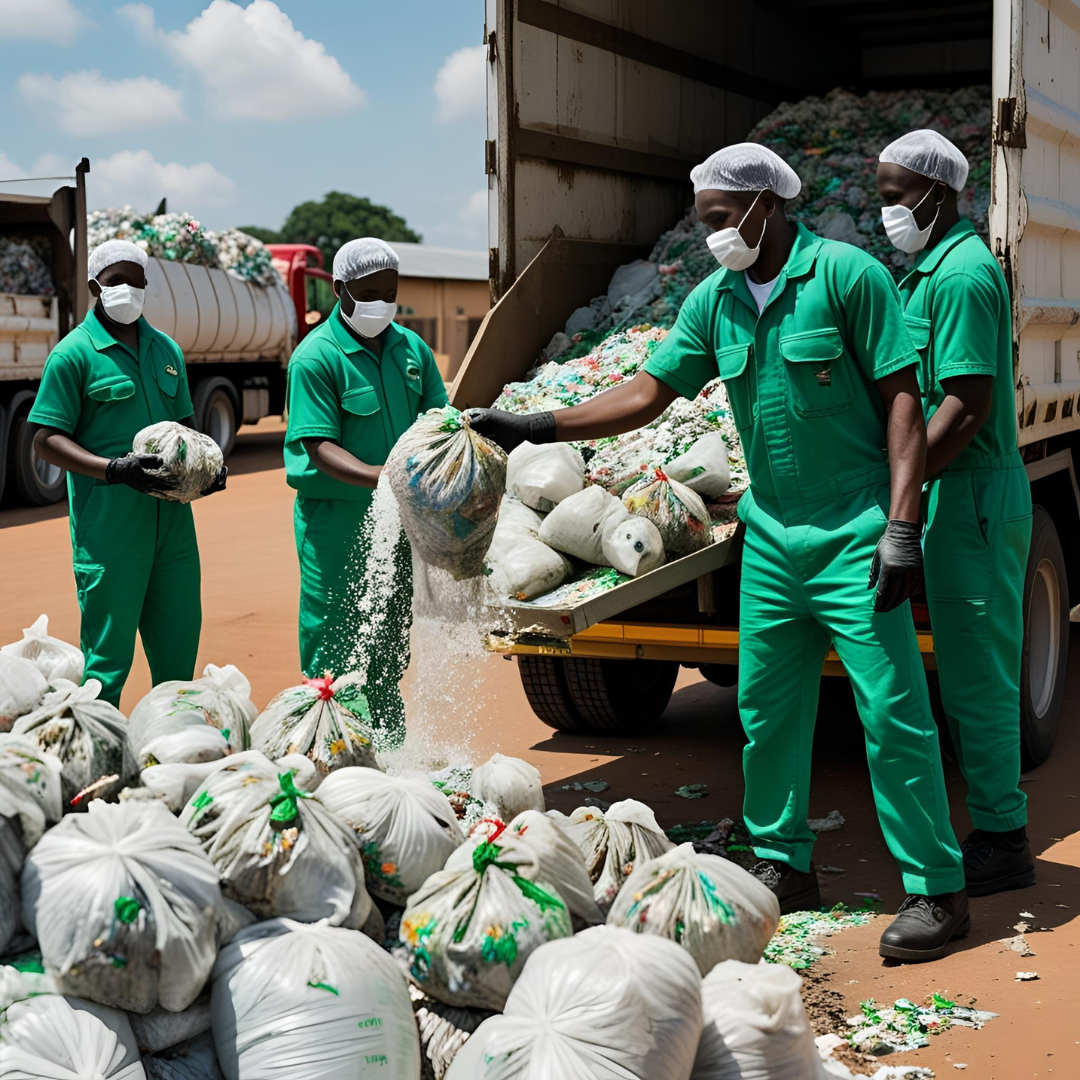
1. Collection at Source
We collect:
Offcuts and trimmings from production
Returned or used polythene packaging from clients
Defective or damaged bags from quality control
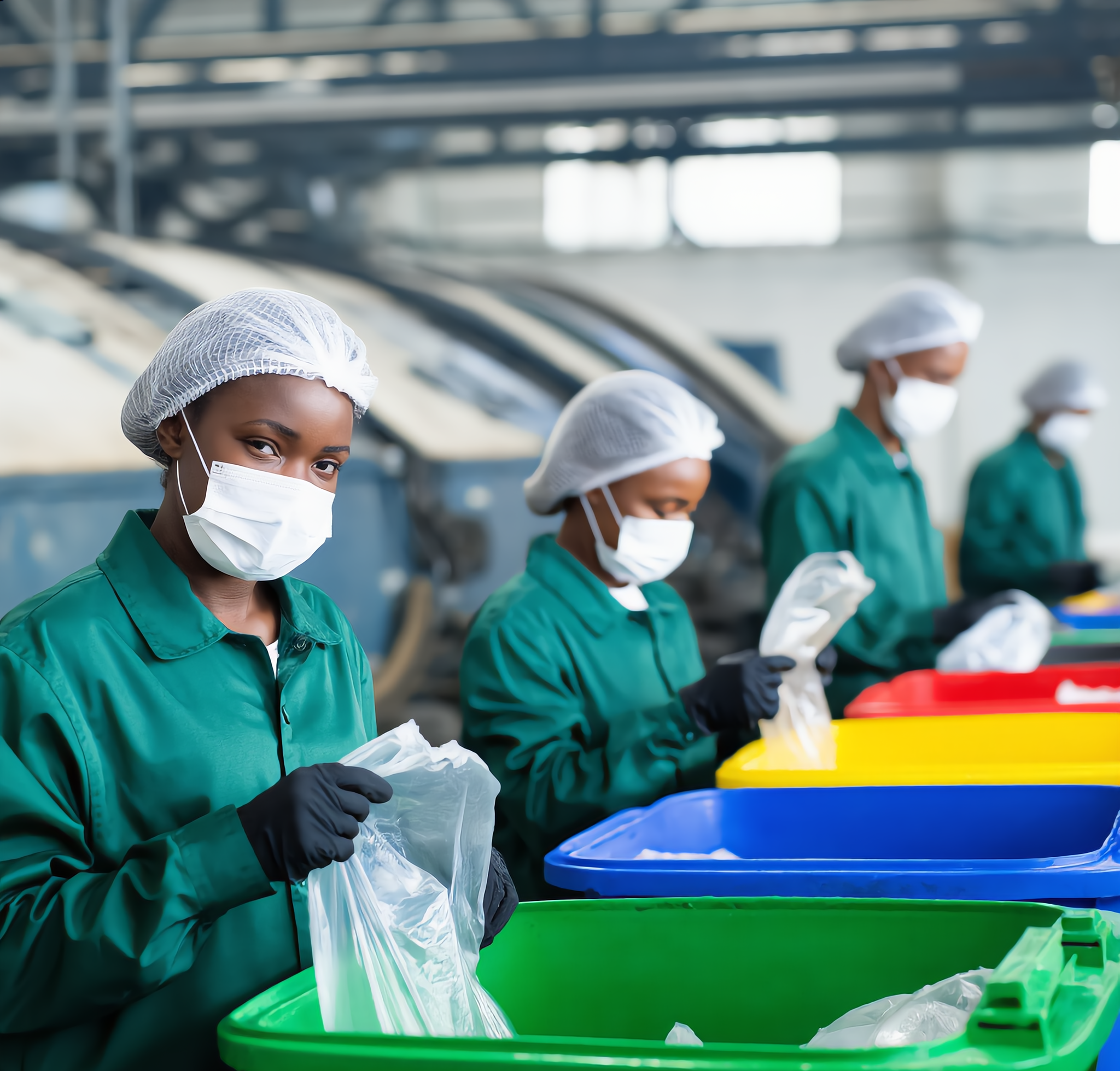
2. Sorting and Pre-treatment
Materials are:
Categorized by polymer type (e.g., LDPE, HDPE)
Separated based on cleanliness and color
Washed, dried, and prepared for reprocessing
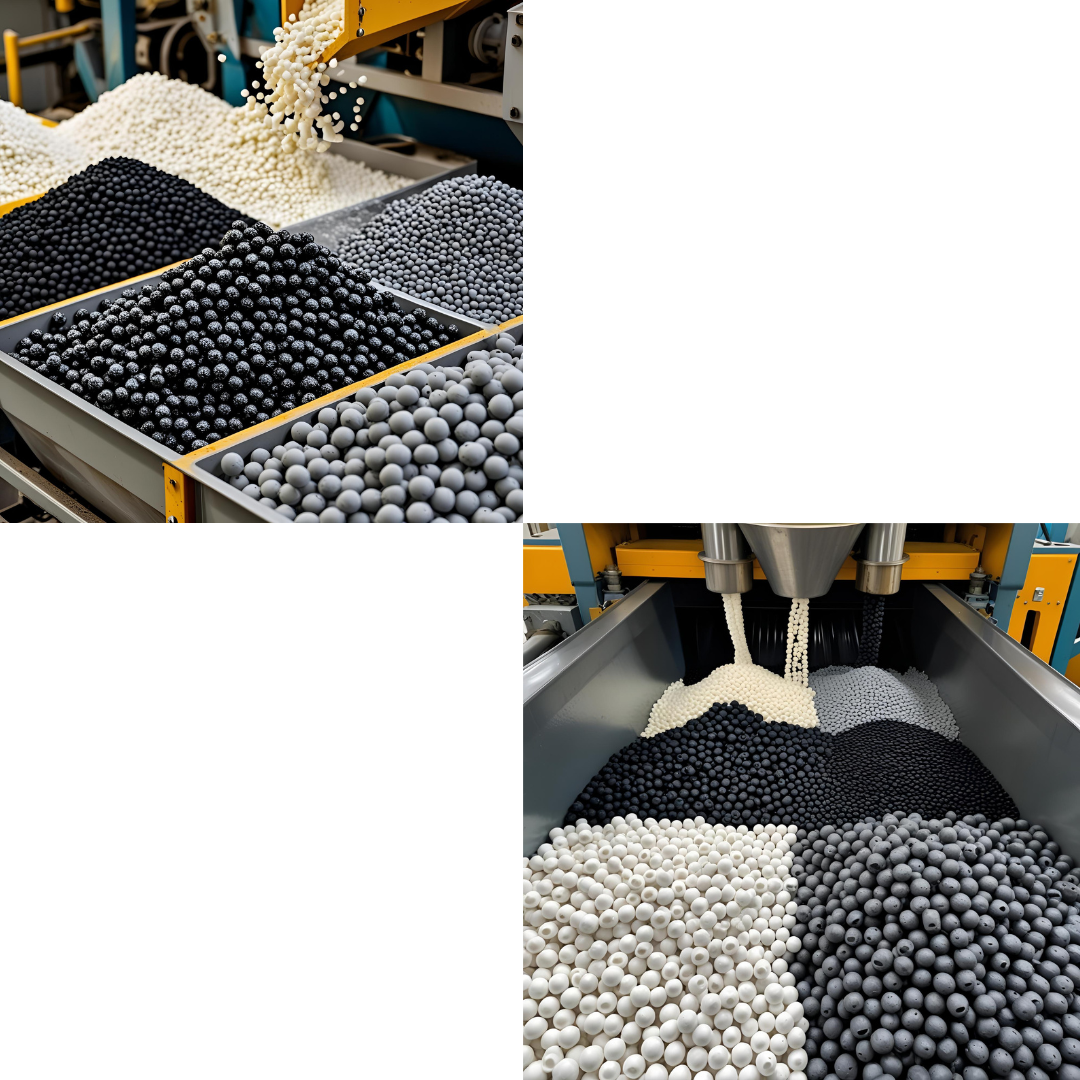
3. Shredding and Pelletizing
Cleaned polythene is:
Shredded into flakes
Melted down into plastic pellets
Filtered to remove impurities
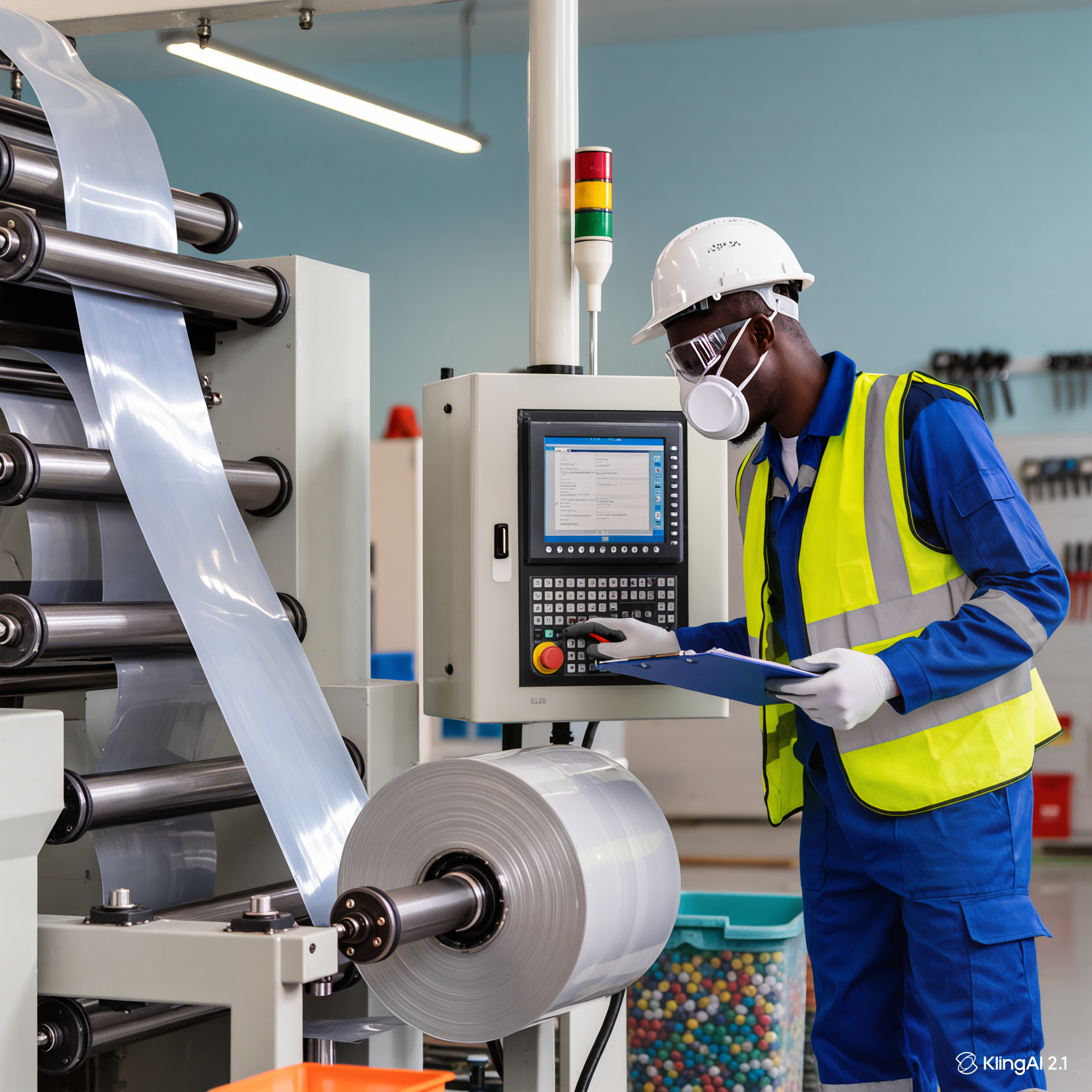
4. Reintegration into Production
Recycled pellets are:
Blended with virgin materials (if necessary)
Molded into new packaging products—like ziplocks, liners, polybags, and films
Tested to ensure quality and safety
Why Recycling Matters at FELM
Our polythene recycling efforts:
Reduce Plastic Waste
In landfills and the environment
Promote Circular Manufacturing
Across packaging lifecycles
Lower Energy Use
And emissions from virgin plastic production
Offer Affordable Recycled Packaging
To clients
Support Compliance
With ISO 14001:2015 standards
Our commitment to the planet starts with every package we create
At FELM Limited, sustainability isn't a trend — it's our core value. From eco-friendly packaging materials to responsible production practices, we’re proud to play our part in protecting the environment for future generations.
Explore Our Eco Practices
🔧 Production & Operations
📦 Eco-friendly Packaging Solutions
🚚 Green Logistics
🌿 Waste Management
👥 Workforce & Community
📊 Sustainability Monitoring

Our Environmental Pledge
Built for Sustainability. Certified for Safety
FELM Limited operates under internationally recognized ISO standards, including:
-
ISO 14001:2015 – Environmental Management Systems
-
ISO 9001:2015 – Quality Management
-
ISO 45001:2018 – Occupational Health & Safety
We believe responsible production goes beyond compliance—it’s about creating lasting impact through thoughtful design, waste reduction, and circular innovation.

Materials That Matter
Recyclable. Reusable. Reliable.
We continuously innovate with materials that reduce harm to the environment, without compromising quality or safety. Our product lines include:
-
Recyclable ziplock bags for food, domestic and industrial use
-
Medical-grade packaging developed with minimal environmental footprint
-
Labeling solutions printed using eco-conscious inks and processes

Our Operations & Community Impact
Local Responsibility. Global Vision.
-
We prioritize local sourcing, ethical labor practices, and community empowerment. Our manufacturing process is energy-efficient, and we are actively working to reduce our carbon footprint through:
-
Water and energy conservation strategies
-
Waste separation and recycling in our production units
-
Employee training on sustainability awareness
-
Support for SMEs and African entrepreneurs looking for sustainable packaging solutions
-

Our Goals for a Greener Tomorrow
Sustainability Goals (2025–2030)
-
Reduce single-use plastics in product lines by 40%
-
Implement a waste recovery and return program for bulk clients
-
Achieve full transition to biodegradable options for selected product categories
-
Launch a “Green Partnership” program for clients choosing eco-packaging
